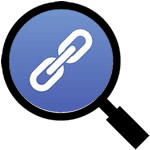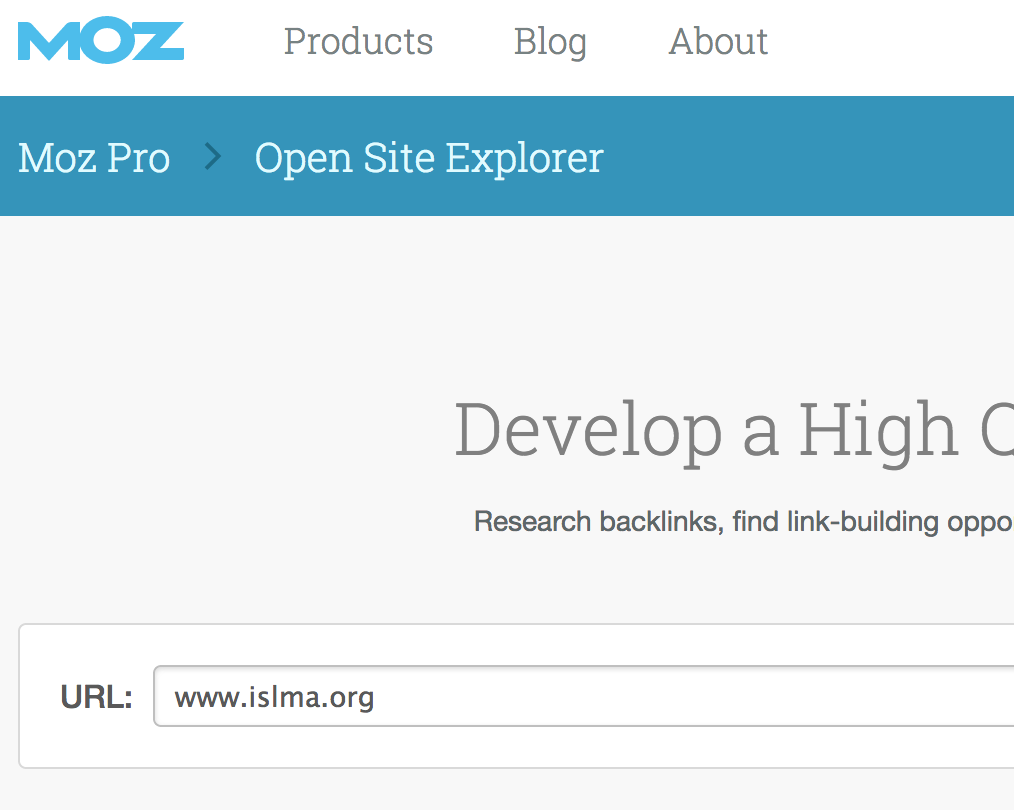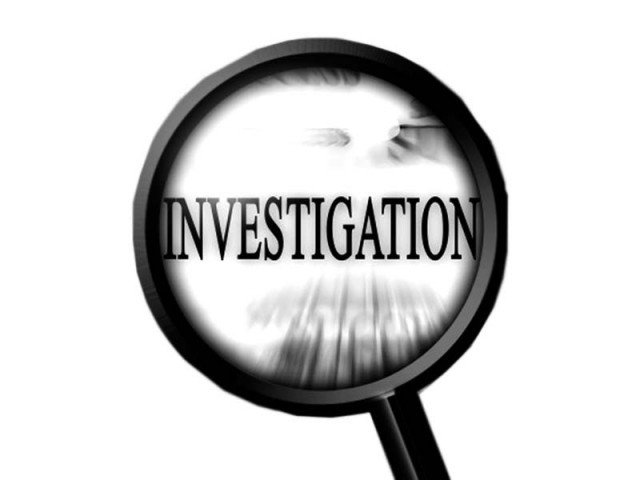Backlinks
Tutorial DirectoryHow can backlinks tell you if content is reliable?
Backlinks query? (also known as inbound links)

Would you like a list of the Websites that link to a Web page you are evaluating? Would this information help you evaluate that Web page?
If reputable authors or organizations have links to a Web page, it suggests that secondary resources find it valuable. This doesn't mean they value it positively--in fact, they may use it as an example of something to avoid.
On the other hand, if disreputable, unknown, or spam-type sources link to the Web page, this is a Red Flag about content on the page.
Finding backlinks to a specific web page

The big brand search engines once offered special operators known as the link: operator. Since they discontinued their own link: operators, specialized SEO search engines have emerged with this feature. Some of the terms you encounter for this include BACKLINKS, INBOUND LINKS and LINKS TO.
Think of backlinks as a secret weapon in the hunt for bad information. Just as detectives use special tools and methods to uncover hidden information, backlinks can tell them a lot about the quality of a Website.
Investigating backlinks adds a couple of steps to a search, but is worth the effort if the material is shown to be unreliable. Here is a search example that takes a close look at how the backlinks feature works.
How to do a backlinks query

Since Google stopped offering this tool for free (there is money to be made with it), this type of search uses engines that are probably unfamiliar. One open source version of a backlinks checker is found at moz.com. The main purpose is to give Webmasters a better idea where inbound traffic is coming from, so they can boost their traffic. As an Information Fluency tool, you can use this to see who or what links to a named Webpage. Some link checkers will want to charge you or offer a premium service: pay attention!
If you want to locate other backlinks checkers, use this query in Google: backlinks OR inbound links search

There is still a way to use Google and other big engines to locate inbound links. Instead of using the link: operator, this query uses a negative instance of the site: operator. Here's the essential structure: URL -SITE:URL. Using a simple example, if you wanted to see a sampling of inbound links for www.islma.com, it looks like this:
www.islma.org -site.www.islma.org (NOT may substitute for the minus operator.)
Digging Deeper
Once you execute a backlinks query you'll get a results page, unless there are no incoming links. The page lists external pages with incoming links to the page you are investigating. Now you must read. Scan the snippets. Think about the nature of the Websites that have chosen to link to the page under investigation. Now's the time for critical judgment. Are the Websites that link to the page you are evaluating reputable, authoritative, and professional? Furthermore, what do they seem to be saying about the page they link to? In a nutshell: Are they supportive or critical?
Here's a sample of the sites that come up in a backlinks search for www.islma.org:
- Professional Teacher.com http://www.professionalteacher.com
- The Latin School of Chicago http://www.latinschool.org
- Ask Eric http://www.eric.ed.gov
- Rich Central High School http://www.richcentral.org
Looking at these results:
Websites linking to the page under investigation are from educational ventures and organizations.
These sites have to do with library services and information fluency ideas.
These sites offer additional information about library services in Illinois.

Evaluating the results of a backlinks search.
Ask yourself these questions:
- Are the pages or people linking to this resource credible or authoritative? Are they believable experts?
- Do the pages linking to this resource support or contradict facts or opinions expressed on the Web page?
- Do these pages add any new information or perspective on the topic being presented on this Web page?
- Are the linked pages on the same or different sites? If they are all internal links, the information could easily be biased. Look for links from external pages. That's what the URL -URL query does: show me pages that have the URL for islma.org and that aren't found on islma.org.
- Are the linked pages in the same or different domains (org, .edu, .gov)?
- What if there are no inbound links? This essentially means no external sites link to it. That may be for
- an unknown reason;
- that the page is new and no one has found it yet;
- you searched for a page that is not top level (instead of searching for www.islma.org, you search for a page like https://www.islma.org/pdf/ISLMA-Tax_Exempt_Form.pdf).
If you can't answer any of these questions, rely on other investigative methods like fact checking content, the author, the publisher or the freshness of the content.
The answers to these questions help an investigator determine whether or not to use the page as a resource and how much value we should place on its credibility.
Dig Into your Favorite Web page!

Now it's your turn. Find a backlinks tool and search a favorite Webpage. Are you surprised at what you find?
Authored by Carl Heine, 2016